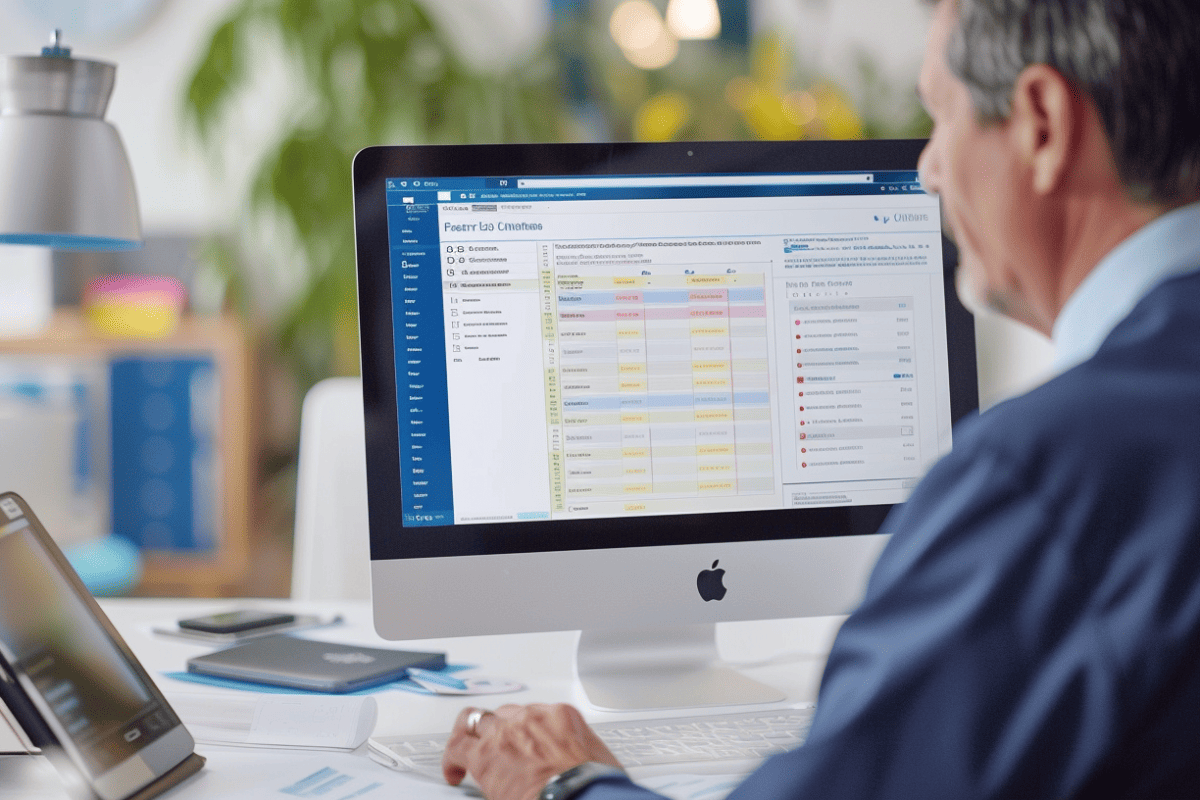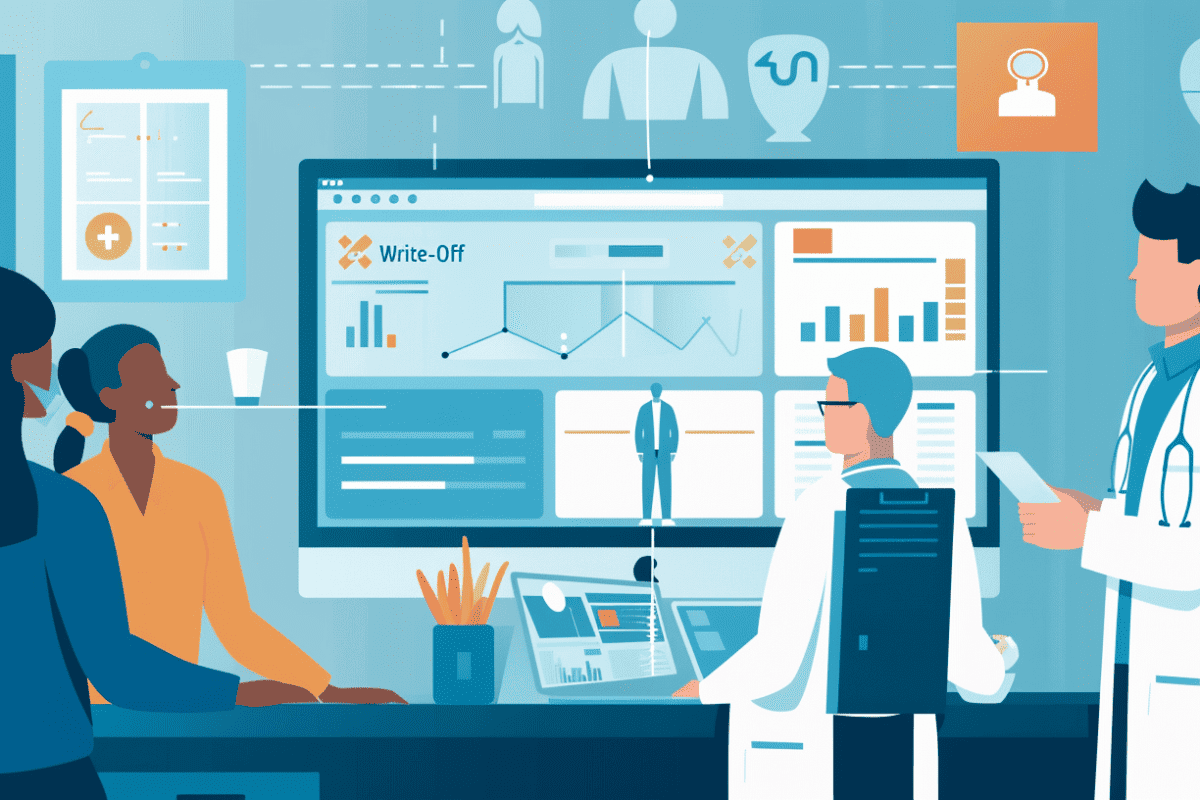From giving us an easy way to manage our schedules, to transforming the way that we communicate each day, technology has changed the world that we live in. However, the age of digital transformation doesn’t just have benefits to offer modern consumers. Innovators are also beginning to explore ways that technology can make life easier for healthcare professionals too.
As life expectancy increases, creating a larger number of elderly individuals in need of care, and nursing shortages increase, technology could be key to the sector’s survival. Here are just some of the biggest ways that technology can support our all-important nurses.
1. Smart Beds and Sensors
Intelligent technology is everywhere today. There are smart assistants in your speakers that you can use to order pizza with just your voice, and devices throughout your house that you can control with your phone. In the healthcare industry, intelligent IoT enabled technology can be a huge benefit for nurses and a lifesaver for their patients. With smart bed technology, healthcare providers can track a patient’s movement, weight, comfort, and even vital signs from a distance.
These mattress pads use sensors to detect critical information about patients and deliver the data directly to nurses and other medical staff alerting them in real-time. Not only does this give nurses access to the information that they need about patients, but it also allows them to collaborate with other professionals on a more comprehensive strategy for care, through instant messaging and data sharing.
A combination of intelligent technology and unified communication means that nurses can consistently monitor their patients and have the data needed to make life-saving decisions. Nurses are also able to use this technology for non-urgent needs like checking in with patients when they wake from a nap. By giving nurses the ability to increase their efficiency, in turn, they’re able to provide better care and comfort to more patients.
2. Wearable Devices
Wearable devices are also playing a big role in the quality of patient care, as the devices can track crucial data. Making their debut in the fitness space, wearables like smartwatches has become increasingly common to track heart rate, fitness levels, and even the number of steps taken each day.
It’s no surprise that wearable devices in healthcare would be the next natural extension. These devices and supporting app technology allow healthcare providers to monitor patients, even when those individuals are no longer in the hospital environment or hooked up to hospital monitoring machines.
These wearable devices can even help to remove the potential for human error when it comes to keeping an eye on things like vital signs. Rather than relying on assistants and patients to deliver and record accurate data, nurses can rest assured that they’re getting the most accurate information possible directly from the device. Nurses can also use that information to look for trends that might help them to improve the quality of care of their patients.
3. Telehealth and Telemedicine
As technology gives nurses more access to information collected at a distance, things like telemedicine are becoming increasingly possible. Hospitals and clinics can allow patients to virtually chat with their nurses from the comfort of their own home. This new telehealth approach will mean that people around the world, including those in remote areas, won’t have to compromise on getting the care they need.
Because of telemedicine tools like video conferencing apps and wearable devices that convey useful information, nurses are able to gain instant insight into a patient’s health. Often, nurses and doctors will be able to successfully help dozens of patients in the time that it would take to handle just a couple of in-person appointments.
Telehealth and telemedicine can also help prevent the number of sick and possibly infectious patients from coming to public places, where other patients might be exposed to disease not to mention further exposing their own compromised immune system. This technology is rapidly reducing the risk of outbreaks and epidemics in public health areas. With telemedicine, nurses can even provide aftercare following a procedure or surgery without having to ask for a person to come back to the hospital or doctor’s office to see them in person.
4. The Rise of Apps
Applications on smartphones have a wide range of benefits to offer the nursing environment. There are other ways that apps can improve the nursing experience too.
For instance, the Steth IO smartphone stethoscope allows nurses and doctors to use their smartphone to see heart rate information and measure breathing sounds for a patient. Tools like this allow nurses to deal with nervous or anxious patients like young children in a more comforting way. A smartphone app is often a lot less scary to a child than a stethoscope.
Additionally, apps can also help patients to conduct their own self-care outside of the health environment. For instance, an app could help a patient to understand when and why they need to call a doctor, and when they can manage their own illness using home remedies and rest.
5. Electronic Health Records
EHR systems or “Electronic Health Records” are quickly taking over for other forms of paper filing methods. These records allow experts to document the care that they provide to patients in a manageable way and retrieve information quickly when they want to enhance and prioritize care. Additionally, the information entered into computer systems can be assessed by the full care team in a hospital or doctor’s office – not just the nurse.
While some people still worry about the security and privacy methods available for electronic health records, new regulations are in place to make these tools more appealing. Systems like HIPAA ensure that the security and privacy of electronic records are held to a very specific standard by healthcare groups. What’s more, new innovations in technology, like the rise of cryptography and blockchain, are presenting new opportunities for managing privacy concerns.
With access to a centralized system of data, it’s much easier for nurses and other care providers to align their efforts towards better patient care. Some healthcare environments also combine their electronic records with their communication systems to create a sort of centralized command center. These environments allow an easier way for registered nurses and doctors to manage clinical technology, supplies, and more.
The Rise of the Tech-Savvy Nurse
Whether they’re dealing with the larger issue of the aging population, combating an opioid issue, or directly addressing the complicated imperatives surrounding public health, nurses have a lot of stress to deal with today. These experts are some of the people that we rely on most to keep us and our families safe from the threat of illness and injury.
The good news is that many nurses and healthcare facilities are at the heart of the technology revolution, and they’re happy to drive the age of digital transformation forward. Sometimes, updating the technology in a nurse’s life will start with something as simple as providing them with a centralized unified communication environment. Other times, the best technology for outstanding patient care and management will be some of the most innovative tools, like sensor-equipped patient beds.
One thing is for sure, the healthcare landscape is changing, and nurses stand to benefit from an ever-more intelligent environment.
David Liu, Founder & CEO Deltapath
David Liu is the founder and CEO of Deltapath. He drives the company’s vision, strategy, and growth as it builds innovative technology to enable people to communicate and collaborate beyond boundaries. Under David’s leadership, Deltapath has deployed its flagship products in more than 94 countries around the world. David also spearheads the technical strategy of the company and is dedicated to building a team of world-class engineers to keep Deltapath at the forefront of the industry.


